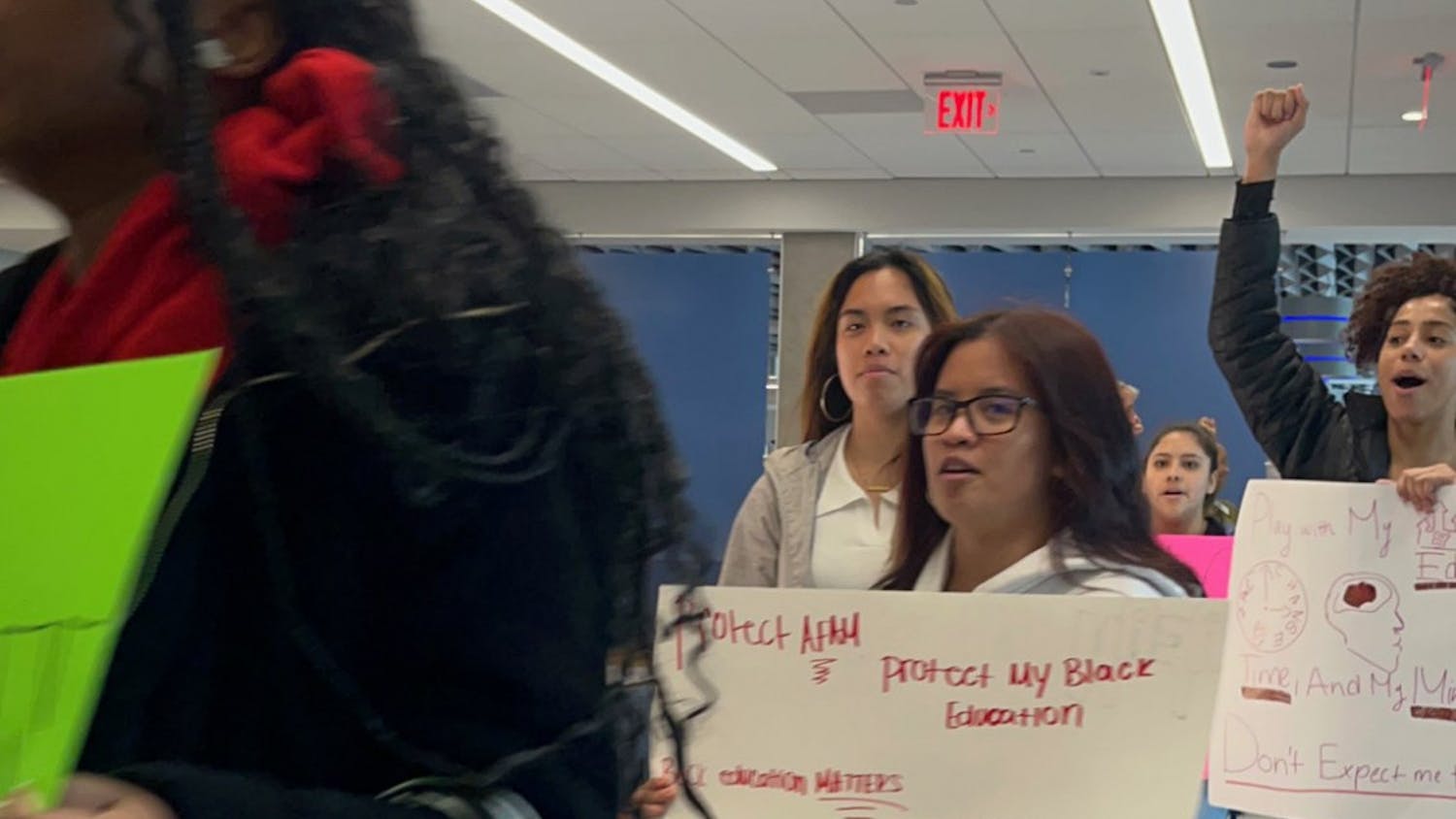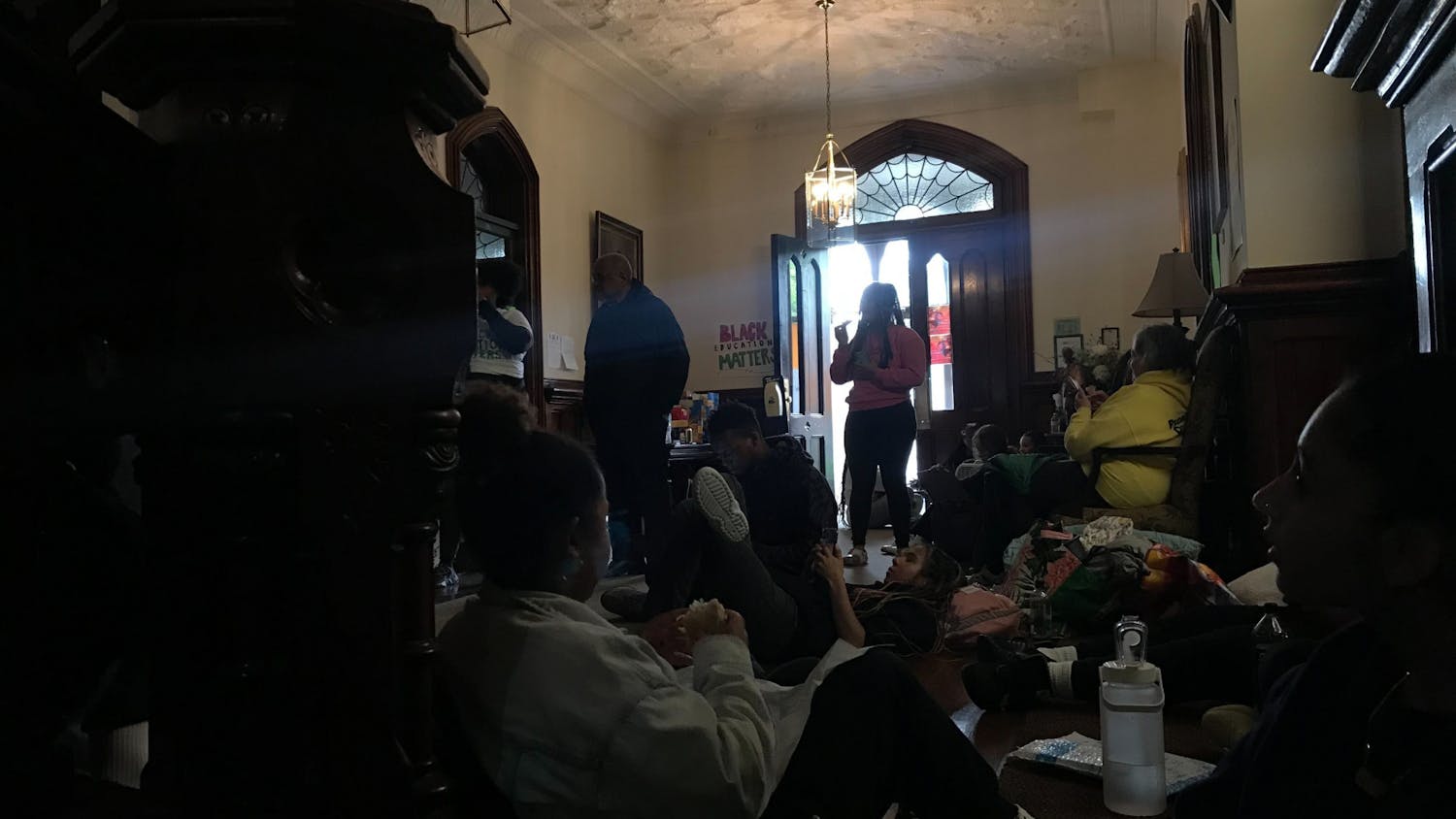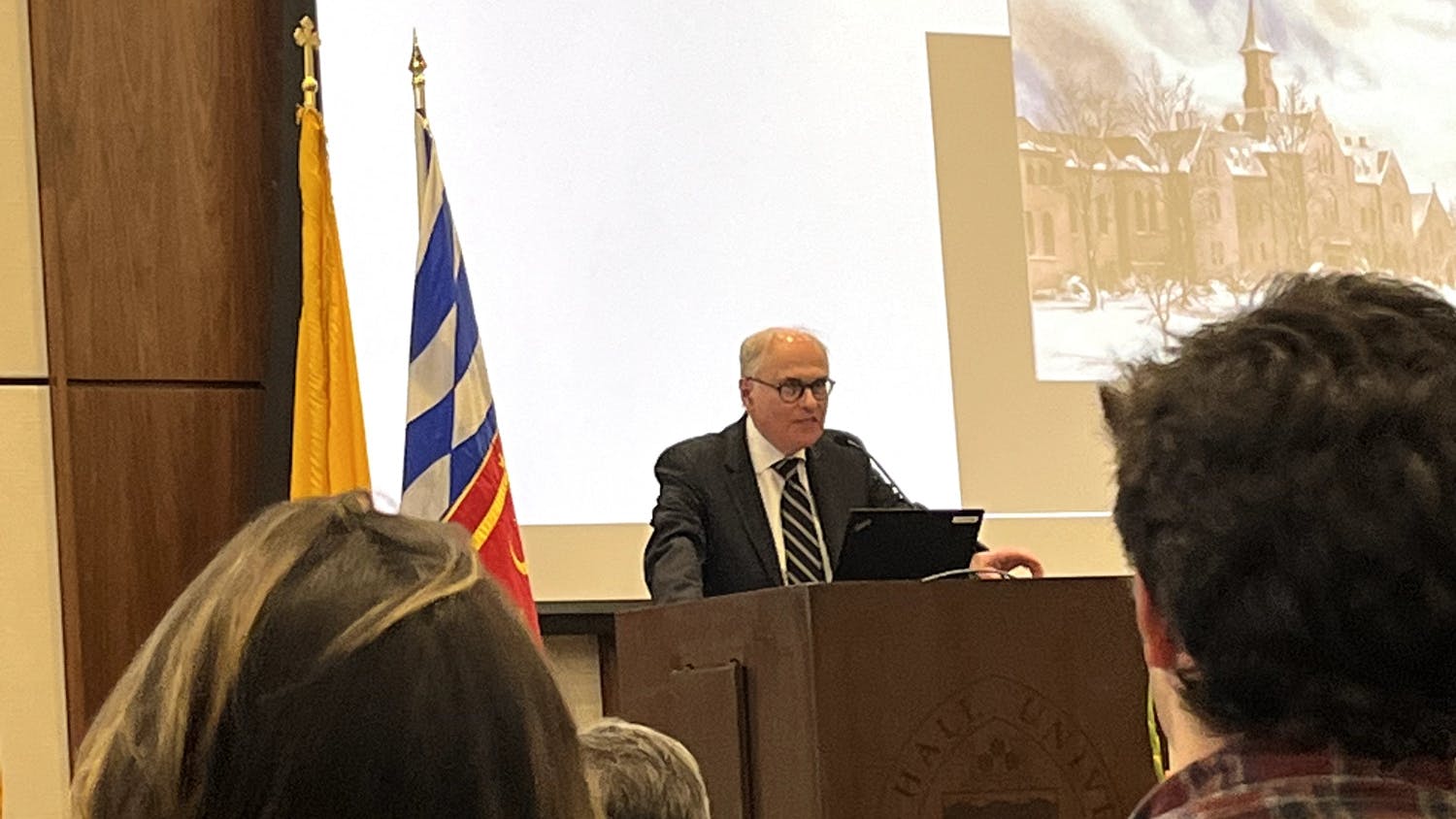On May 21, 2022, the Russian Foreign Ministry published a list of 963 Americans permanently banned from the country. The list included many notable names, one of them Seton Hall professor of diplomacy and international relations Margarita Balmaceda.
The Seton Hall diplomacy professor currently lives in Germany, on a Fullbright grant to write her new book. Balmaceda, mentioned she is very busy these days.
She originally planned to work in Ukraine, before the war broke out, on a project entitled “A Tale of Three Furnaces: Three Steelmaking Technologies, Their Long Tails, and Ukraine’s post-Soviet Political Developments in the Context of Global Capitalism.” But once Ukraine was no longer an option, she was given the opportunity to rework the project and conduct it in another European country. Thusly, nowadays you can find Balmaceda at the Research Institute for Sustainability (RIFS) in Potsdam, Germany.
"I've always had to have bigger antennas than [Russia’s Federal Security Service]," She said, the corners of her eyes crinkling as she laughed.
The Russian sanction list is retaliatory: "I'm included [in this list] of all the US' best and brightest with people like Bernie Sanders, Elizabeth Warren, and Pete Buttigieg,” she said. “I'm not stridently anti-Russian, even in the area of energy. But maybe that's exactly what they didn't like. Very deep, serious research is dangerous. Also, my affiliation with the Harvard Ukrainian Research Institute is not liked by important Russian nationalists."
She smiles a casually audacious smile for most of our talk. She's seen a lot while working, especially with her focus on Eastern Europe. "In my last book, I followed the path of fossil fuel energy from Russia through Ukraine to Germany,” she said. “I spent about two years figuring out what the next book would be about. What is really important is having a challenging project to work on. This next book [on hidden industrial carbon between geopolitics and climate change] is going to be challenging."
A lot of her time is spent in Eastern Europe, "following the pipeline" of energy production and consumption through Europe and Russia. "I just gave a talk at the University of Heidelberg about old projects and new projects,” she said. “I have always looked at Eastern Europe from the inside, local actors, local languages.”
Her family and her community are very important to her, she said. "For [the book Russian Energy Chains: The Remaking of Technopolitics from Siberia to Ukraine to the European Union], the acknowledgments reference a big love in my life,” she continued, “It's a public coming out. Everything I do is going to be a contribution to gay visibility. I have been at Seton Hall for many years and many things have changed, but in many parts of the world things are going backward, like in Hungary."
I ask her if she is ever afraid because of the nature of her work. She tells me that she is not personally afraid. "I love Russian culture,” she said. “What to do with Russian culture is one of the big debates right now. It [being banned] makes me afraid to call people in Russia, so they don't have problems. My family's worried, as certain members of the Russian leadership have long hands."
It's a lot to navigate, the layers of identity that make up her experience. She tells me about the racism she encountered in graduate school, the complications of being a publicly gay person at a Catholic university, and the dangers she faces now as she continues her work in Eastern Europe and Russia.
"With all of us, you navigate that by the way you lead your life,” she said. “I thank God. I go to a bakery and work. The hard part is not so much to do research, the hard part is navigating countries where gay people are not welcome."
I want to know why she does it, who she's beholden to. "My responsibility is to my students and all the people I can inspire and work with." Another chuckle. "Maybe after I'm retired you can ask me again!"
Avalon Swanson-Reid can be reached at avalon.swansonreid@student.shu.edu.





